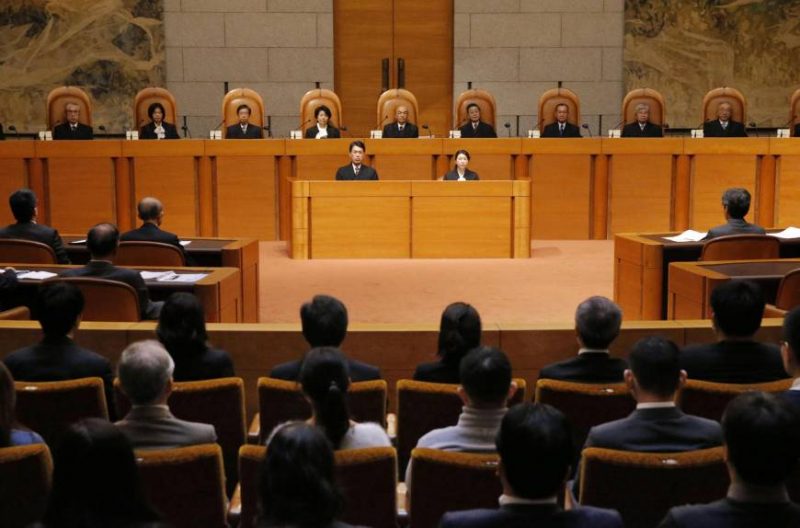What is a Posthumous trial?
If the accused person dies during trail then this phenomenon is called as the posthumous trial, meaning the trail when the person who can be the defendant or the accused it may be in civil or criminal cases. It is held for various reasons including the legal declaration that the defendant was the one committed the crime, to provide justice for the society of family members of the victims, to exonerate a wrongfully convicted person after their death. Due to the heavy cost, they usually held only under extraordinary circumstances.
If in case of person dies during the civil case trail the death does not end the case it continues as the successor comes on behalf of the person died and the most cause of action will survive the death. The estate or the property matters of the decedent will be replaced or a substitute to the dependent party. The limitation exceptions are for few cases. Some jurisdiction considers and procedure will be moved forward.

Once the death certificate and his relation to the defendant are provided his legal hires should be identified and these can continue after the delay of 6 months to 2 years as the procedure takes time. Most jurisdictions require that within 90 days of the death, an of notice of death and copy of death certificate should be produced if any failure occurs in the procedure then the automatic dismissal of the lawsuit may be given by the judges and have no resolution regarding the resolution of the case.
A defendant is not Convicted Until he Runs Out of Appeals
The difference arises in the criminal case as the defendant is not considered convicted until he has run out of appeals. Thus, even if the person death occurs or he was in the final stage during the appeal of the conviction, the defendant is without the taint of a criminal conviction. If the accused person death certificate is produced case automatically abated and all the proceedings against the dead person are dropped. if there is proved he is dead he will the case will be dismissed.
While the most lawsuit can survive the death of a party certain claims cannot.
For example, punitive damages claims against a defendant rely upon the concept to prevent future harm. These claims are alleviated once the relevant party dirs, thus, effectively terminating such claims.
Personal Injury Lawsuit
Occasionally during the lawsuit, especially a personal injury lawsuit where a person’s health is at issue, one of the parties to the lawsuit can pass away. The unfortunate and unusual situation raises the issue of what happens when the party dies as well as whether the lawsuit is automatically terminated.
The survival law allows for an injured person representative to bring a lawsuit for all actions exceptions are
- Libel and slander
- Malicious prosecution
- Flade imprisonment invasion of privacy
When an action has not been filed at the time of death the personal representative has the right on behalf of action of the person.
Example: If a person was injured in a car accident but later dies out of an incurable disease like cancer or tumor the personal representative could only recover damages up to the date of death.
If the personal injury did the cause of a person’s death then the different law prevails in the country for claiming the damages.
